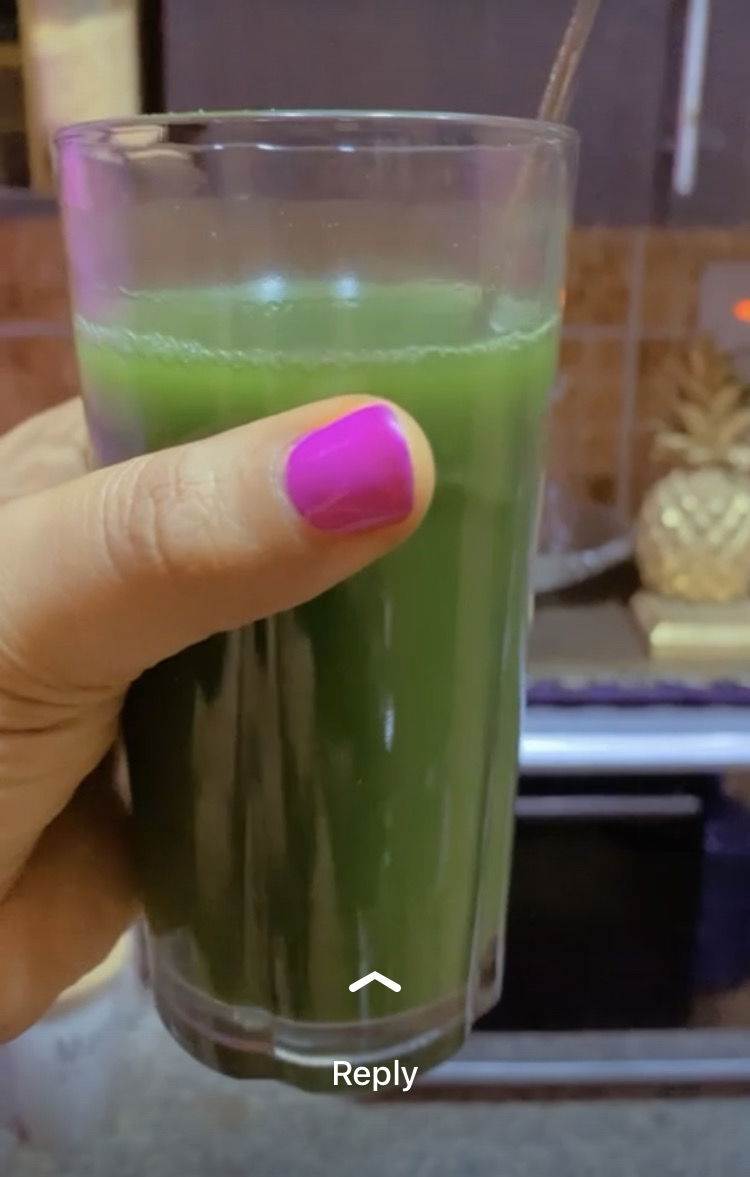WHEATGRASS: A MULTI-FUNCTIONAL HERB
Wheatgrass (Triticum aestivum) is the young grass of the common wheat plant of the family Poaceae. The plant is has been seen to have a very high nutritional value. It has been shown in various research works to have antiinflammatory, antiaging, antioxidant, anticarcinogenic, antidiabetic, laxative and anticholesteremic / antilipidemic properties. It's use is beneficial in kidney malfunctions, artherosclerosis, acidity, colitis, inflammatory bowel syndrome and swelling.
WHEATGRASS & ITS NUTRITIONAL VALUE
Wheatgrass is nutrient dense and contains in 5g wheatgrass powder 1,228 mg protein, 26.43 mg chlorophyll, 54.29 mg lysine, 21.43 mg calcium, 10.17 mg vitamin C and rich in micronutrients, such as B complex vitamins and amino acids. Wheatgrass also contains alkaloids, carbohydrates, saponins, gum and mucilages. Its water soluble extract is richer and more valuable than its alcoholic extract. Wheatgrass juice is crude chlorophyll without toxic side effects. It can be taken both orally and as a colon implant without toxic side effects. Chlorophyll is anti-bacterial and can be used inside and outside the body as a healer. Chlorophyll (wheatgrass) rebuilds the bloodstream.
In research studies it was discovered that wheatgrass chlorophyll has no toxic effects. It rebuilds the red blood cells within 4 to 5 days in anaemia ( low red blood cells). It also detoxifies the body of drug deposits and neutralizes toxins in the body.
